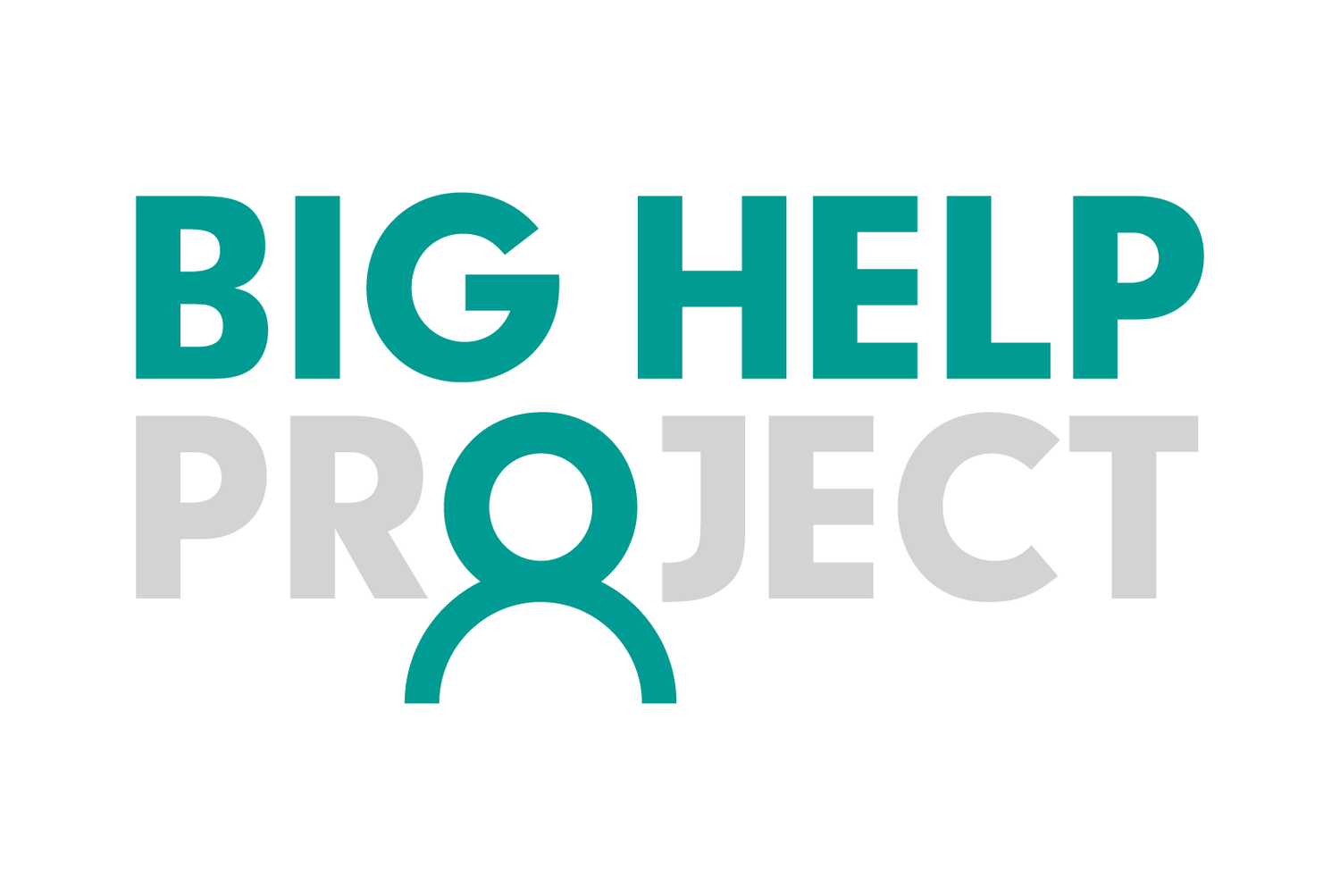Disproportionate Impact of the UK’s Recession on Black & Minority Ethnic Communities
This is a guest article written by Holly Barrow from Immigration Advice Service.
By now, it is no secret that the Covid-19 pandemic is wreaking havoc on the global economy. With businesses forced to close their doors to the public and millions of employees across the UK being laid off or placed on furlough, it is a time of great uncertainty and insecurity for us all. Some countries have fared far worse than others and, regrettably, the UK is one.
It was recently announced that Britain now faces its deepest ever recession; the worst of any other G7 country. With inequality in the UK among the worst of developed countries, the current recession is set to have devastating impacts on the most vulnerable. While it is true that recessions have repercussions for all, it is untrue and unfair to suggest that all in society bear these repercussions equally.
Disproportionate Impact of Previous UK Recessions
We need only look at the UK’s previous recessions to recognise quite how disproportionately these times of economic strain hurt the most marginalised, vulnerable communities - particularly those of a Black or minority ethnic background. During the 2008 financial crash, job losses hit Black and ethnic minorities harder than the national average worker, with Pakistani and Bangladeshi groups most likely to be in persistent poverty, followed by Black African and Black Caribbean groups.
Research carried out by the Joseph Rowntree Foundation found that ethnic minority groups fared worse than the white majority throughout both the 2008 recession and the subsequent period of austerity.
Such analysis suggests that recessions exacerbate pre-existing inequalities, proving detrimental to those already living on the breadline. Poverty in the UK is an ever-increasing issue, with a landmark review published prior to the Covid-19 pandemic in February of this year revealing that a decade of austerity has led to life expectancy falling for the first time in a century.
Current Recession: Jobs Crisis & Poverty
With an estimated 14.3 million people living in poverty in the UK, it is vital that there are equality measures to ensure the most vulnerable are not hit even harder by the current recession. A crucial aspect of this must mean dedicated focus to protecting BAME communities who have already suffered unevenly throughout Covid-19.
The labour market is facing a crisis which is only set to deteriorate further. A recent Guardian article examined the overwhelming shift in job demand as it told of one employer, Emily Pringle, who had posted a job advertisement for her fragrance firm. In typical circumstances, Pringle explained, an advertisement for this role would likely garner around 40 applications; this time around, the advert has accumulated an overwhelming 600 applications, many of which came from applicants who were vastly over-qualified for the role - with a number having PhDs.
This provides damning insight into the current situation for millions across the country who have lost their jobs or remain on the government’s furlough scheme.
A new report by the Social Metrics Commission looked at YouGov poll data between the months of March to May 2020 to analyse the current levels of poverty and impact of the Covid-19 labour market in the UK. It found that the Covid-induced labour market crisis is already hurting groups which are overrepresented amongst the population in poverty, including those with a disability and those of Black and Asian ethnicities.
Preventative Measures Necessary
As it currently stands, Black and Asian ethnicities have been 4 and 6 percentage points (respectively) more likely to be negatively impacted by the crisis than those from White ethnic groups. This is a pattern we have witnessed before, with both the 1981 recession and 2008 recession.
A Runnymede report which analysed the impacts of race inequality throughout the UK’s 2008 and 1981 recessions noted that a majority of young Black Caribbean, Asian and Black African men were either unemployed or on a government scheme for up to as long as a decade after the 1981 recession hit. We cannot continue to allow this cycle to repeat whenever we face an economic crisis.
It is essential that there are strategies directly aimed at protecting the most marginalised, particularly Black and minority ethnic communities. Campaigners have been urging the government to implement a Covid race equality strategy for months -- it is now a necessity. Longstanding inequalities in health, housing, employment and income have inevitably contributed to such disproportionate impacts on those of a BAME background.
As we navigate this unprecedented economic downturn, it ought to be of the utmost priority that social and economic disadvantages and racial disparities are eradicated. This means radical change to our institutions - from education to employment and beyond. Neglecting to do so would be to display clear complicity in allowing such drastically disparate struggles to thrive.
Holly Barrow is a features writer for the Immigration Advice Service; an immigration law firm which provides legal advice and guidance for Indefinite Leave to Remain applications, Spouse Visa extensions and more. Please see iasservices.org.uk to learn more about the incredible work they are doing!

